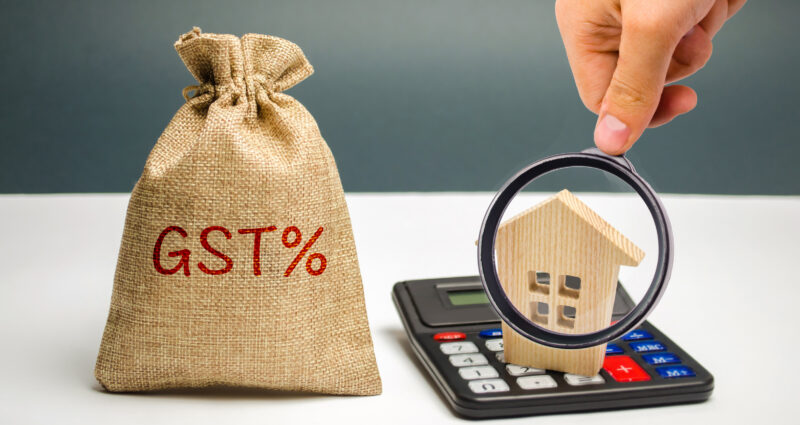Goods and Services Tax (GST) is an indirect tax that has simplified the tax structure in India. However, its application to various sectors, including housing societies and residential welfare associations (RWAs), can be a bit complex. For housing societies, understanding GST on society maintenance is crucial to ensure compliance and avoid unnecessary penalties. In this blog, Master India SEO delves into the details of GST on society maintenance, providing clarity and guidance for society members and management committees.
What is GST on Society Maintenance?
GST on society maintenance refers to the tax levied on the services provided by housing societies to their members. This includes maintenance charges for common areas, amenities, and services such as security, water supply, electricity for common areas, and repairs. The government mandates that housing societies and RWAs with an annual turnover exceeding ₹20 lakh must register under GST and comply with its provisions.
Applicability of GST on Society Maintenance
Housing societies and RWAs that collect maintenance charges exceeding ₹7,500 per member per month are liable to charge GST at 18%. This threshold is crucial because if the maintenance charges per member per month are below ₹7,500, no GST is applicable. However, if the charges exceed this amount, GST is applicable on the entire amount collected, not just the excess over ₹7,500.
Example:
If a housing society charges ₹8,000 per month per member, GST at 18% is applicable on ₹8,000, not just on the ₹500 that exceeds the ₹7,500 threshold.
Inclusions Under GST on Society Maintenance
GST on society maintenance covers various services provided by the society, including:
- Security Services: Charges for security personnel and systems.
- Housekeeping Services: Costs for cleaning and maintaining common areas.
- Repairs and Maintenance: Expenses for the upkeep of the society's infrastructure.
- Utilities: Charges for water, electricity, and other utilities supplied to common areas.
Understanding these inclusions helps in accurately calculating the GST liability and ensuring that all necessary charges are accounted for.
Exemptions and Special Considerations
Certain services provided by housing societies may be exempt from GST. For instance, if the total turnover of the society is below ₹20 lakh per annum, GST registration is not mandatory. Additionally, services that are purely voluntary and not obligatory may also be exempt from GST.
Important Points to Note:
- Input Tax Credit (ITC): Societies can claim ITC on the GST paid on inputs and services used in providing taxable services to members.
- Annual Turnover Threshold: Societies must monitor their turnover to ensure compliance with GST regulations.
Conclusion
Understanding the nuances of GST on society maintenance is essential for the smooth functioning of housing societies and RWAs. By being aware of the thresholds, inclusions, and exemptions, societies can ensure compliance and avoid potential penalties. Master India SEO is committed to providing the necessary information and guidance to help housing societies navigate the complexities of GST on society maintenance.
For further assistance and detailed information on GST compliance, feel free to reach out to Master India SEO. Our experts are here to help you manage your society's tax obligations efficiently.






Comments